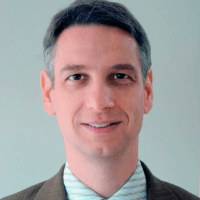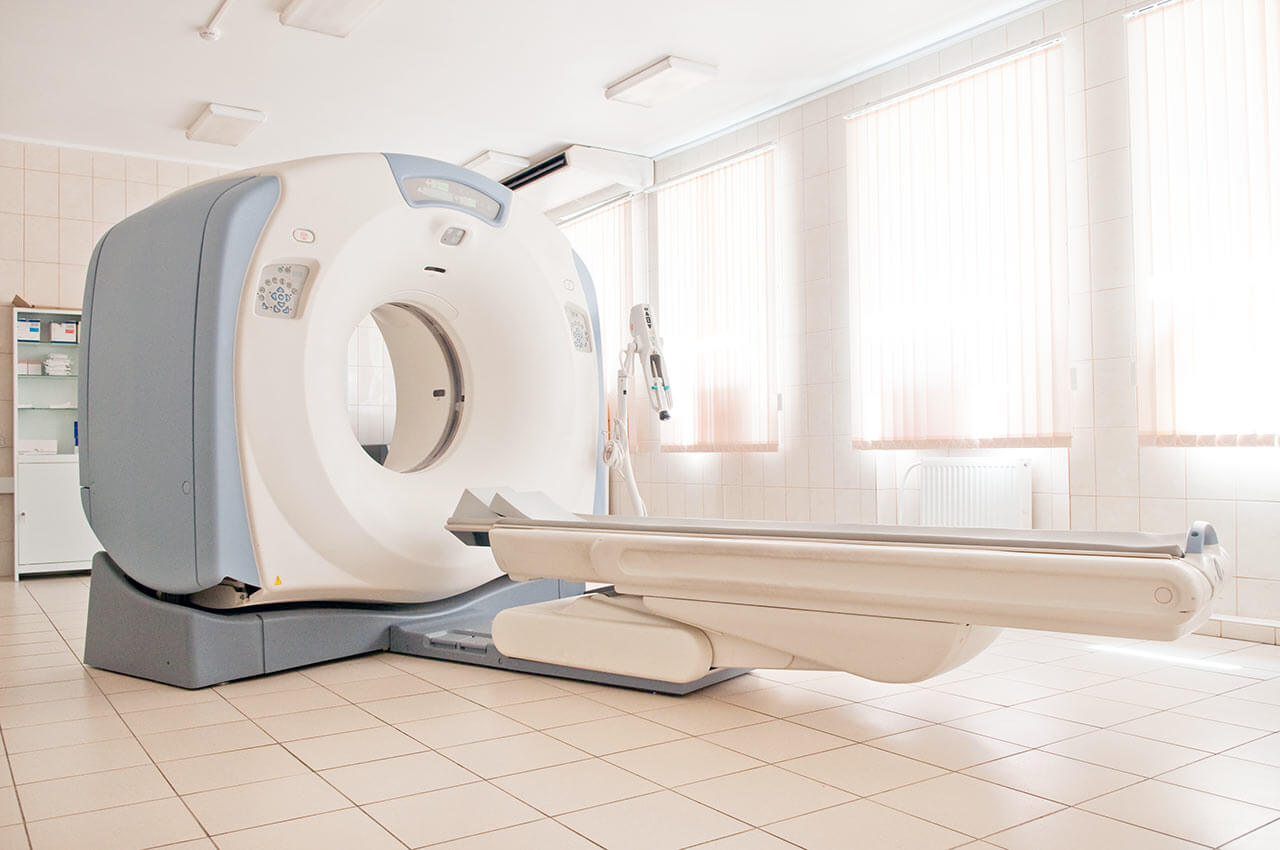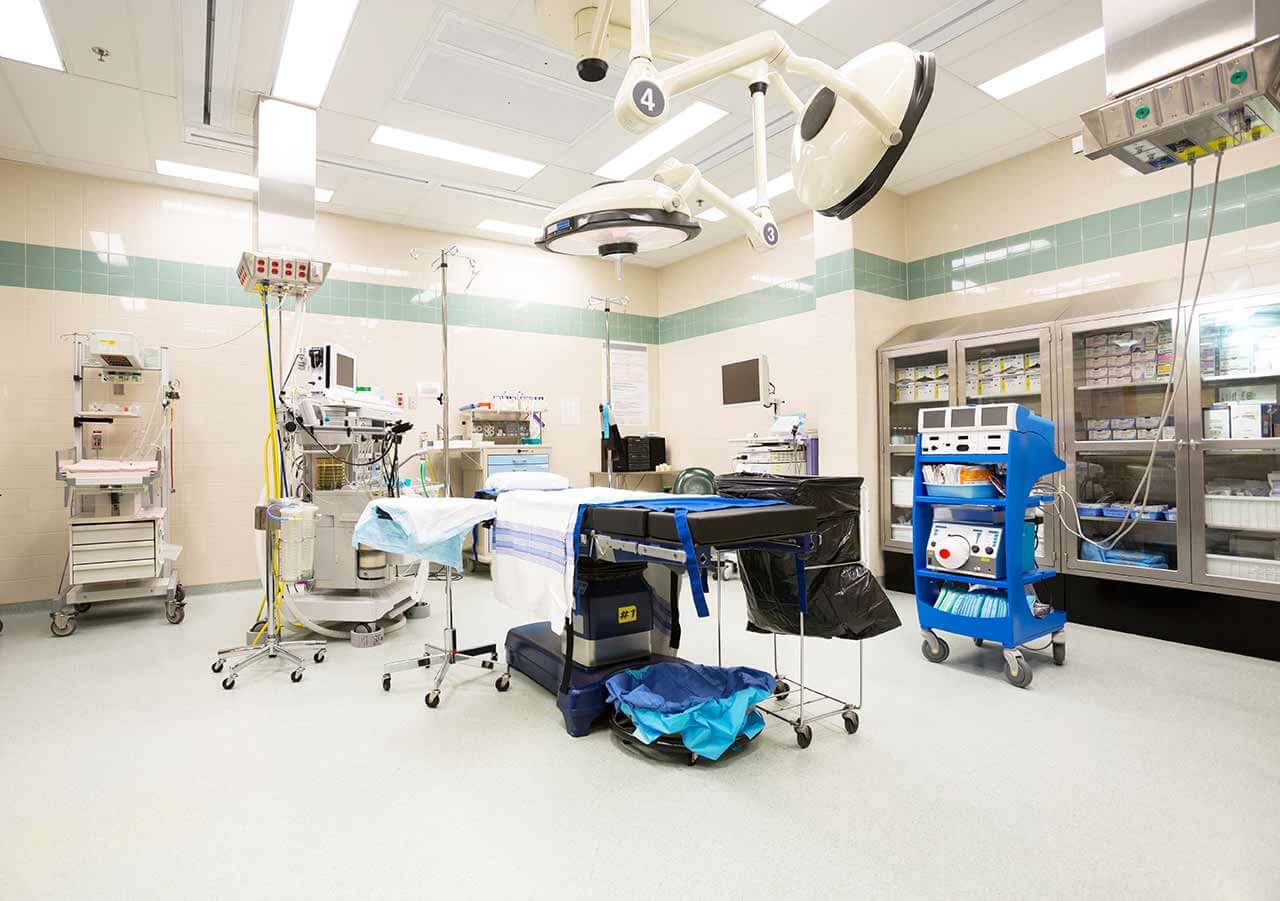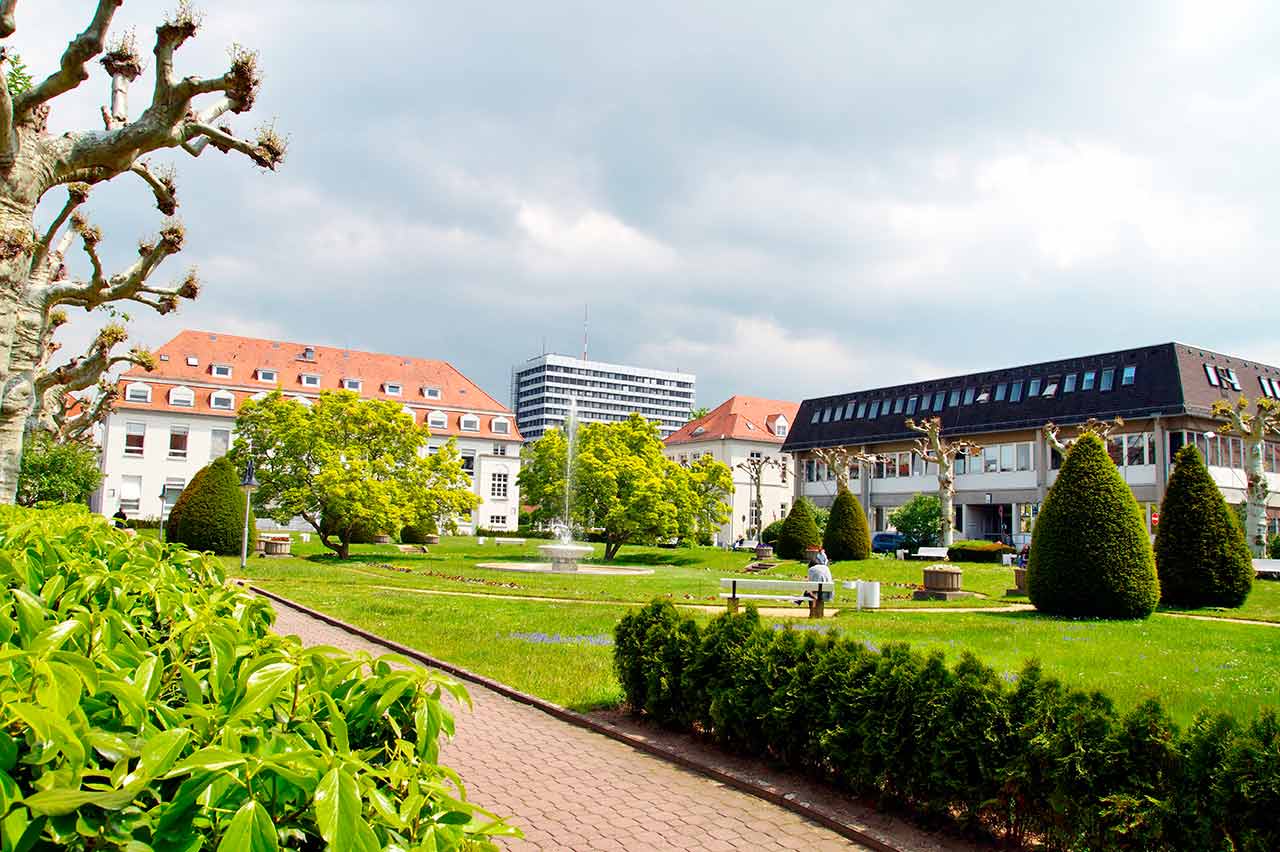
The program includes:
- Initial presentation in the clinic
- history taking
- general clinical examination
- laboratory tests:
- complete blood count
- biochemical analysis of blood
- hormone test (testosterone, DHEA-s, TSH)
- ultrasound:
- thyroid
- abdomen
- pelvic organs
- adrenal glands
- andrological/urological examination
- СT/MRI (if clinically indicated, additional cost is 650/1200€)
- nursing services
- consultation of related specialists
- treatment by chief physician and all leading experts
- explanation of individual treatment plan
Required documents
- Medical records
- Results of hormone blood tests (if available)
Service
You may also book:
 BookingHealth Price from:
BookingHealth Price from:
About the department
The Department of Endocrinology, Metabolic Disorders, Diabetology and Nutritional Medicine at the University Hospital Mainz offers the full range of services in these medical fields. The Chief Physician of the department is Prof. Dr. med. Matthias Weber.
The department specializes in the treatment of all hormonal and metabolic disorders, diabetes mellitus and its complications, such as diabetic foot syndrome, diseases of the pituitary gland, thyroid and parathyroid glands, adrenal glands, sex glands. In addition, the department's scope of tasks includes the treatment of osteoporosis and lipid metabolism disorders, endocrine and neuroendocrine tumors. All therapeutic measures meet the highest standards of modern university medicine.
The department is the national certified Diabetes Center for the treatment of type I and II diabetes mellitus, diabetic foot syndrome (certificate of the German Diabetes Society), as well as part of the certified Vascular Center of the University Hospital Mainz, the certified Center of Excellence for Neuroendocrine Tumors of the European level.
The service range of the department includes:
Endocrinology
- Diagnostics and treatment of the thyroid diseases
- Goiter
- Hyperthyroidism (thyroid gland hyperfunction)
- Functional autonomy of the thyroid gland
- Diffuse toxic goiter (Basedow's disease)
- Hashimoto's thyroiditis
- Endocrine ophthalmopathy
- Thyroid cancer
- Diagnosis and treatment of adrenal diseases
- Adrenal tumors
- Pheochromocytoma
- Cushing's syndrome
- Conn's syndrome
- Addison's disease
- Adrenal cortex congenital dysfunction (adrenogenital syndrome)
- Diagnostics and treatment of pituitary diseases
- Pituitary tumors
- Prolactinomas
- Acromegaly
- Cushing's disease
- Pituitary failure
- Growth hormone deficiency
- Diabetes insipidus
- Diagnostics and treatment of the metabolic bone disorders
- Parathyroid diseases
- Osteoporosis
- Diagnostics and treatment of hormonal disorders in women
- Puberty disorders
- Menstrual disorders
- Amenorrhea
- Polycystic ovary syndrome
- Menopause
- Hirsutism
- Androgenetic alopecia
- Transsexualism
- Diagnostics and treatment of hormonal disorders in men
- Puberty disorders
- Gynecomastia
- Erectile dysfunction
- Fertility disorders
- Hypogonadism
- Diagnostics and treatment of hereditary diseases
- Multiple endocrine neoplasia
- Von Hippel-Lindau syndrome
- Hereditary pheochromocytoma – paraganglioma syndrome
- Congenital dysfunction of the adrenal cortex (adrenogenital syndrome)
- Polyglandular autoimmune syndrome
- Diagnostics and treatment of hormonal disorders in elderly people
- Hormone replacement therapy
- Secondary arterial hypertension
- Obesity
- Diagnostics and treatment of other endocrine diseases
Neuroendocrinology
- Diagnostics and treatment of neuroendocrine, endocrine tumors (within the interdisciplinary center)
- Ultrasound examinations (including contrast-enhanced ones)
- Endoscopic diagnostics of the digestive tract (esophagoduodenoscopy and ileocolonoscopy), also, if necessary, in combination with endosonography
- Classical and capsule endoscopy
- Computed tomography (with and without contrast enhancement)
- Magnetic resonance imaging (if necessary with a special contrast agent for liver)
- Somatostatin receptor scintigraphy with radioactive isotopes similar to somatostatin (111-Indium Octreotid)
- Metaiodobenzylguanidine scintigraphy (MIBG)
- Ga68-DOTATO PET-CT
- 18F-fluorodeoxyglucose (FDG) PET
- Cardiac functional diagnostics
- Other services
Diabetology
- Diagnostics and treatment of type I and II diabetes mellitus
- Diagnostics and treatment of gestational diabetes mellitus
- Insulin pump therapy
- Diagnostics and treatment of hypoglycemia
- Islet cell transplantation
- Artificial pancreas implantation
- Diagnostics and treatment of diabetic foot syndrome
- Nutrition counseling in diabetes
- Special courses for diabetes patients
- Other services
Nutritional medicine
- Medical care for malnutrition
- Percutaneous endoscopic gastrostomy
- Nutrition through the probe
- Parenteral nutrition
- Additional nutrition
- Development of special diets and nutritional recommendations for specific diseases and clinical conditions (for example, after gastrointestinal surgery, in chronic kidney, liver diseases, food intolerance, allergies, etc.)
- Recommendations for nutrition in type I and II diabetes mellitus, gestational diabetes
- Other medical services
Curriculum vitae
- 1980 - 1986 Study of Human Medicine at the Ruhr University in Bochum and Rhenish Friedrich-Wilhelm University of Bonn.
- 1987 - 2000 Admission to medical practice, doctoral thesis defense, training for getting the title of Doctor of Medicine in Internal Medicine (Endocrinology, Metabolic Disorders, Diabetology and Nutritional Medicine), Department of Internal Medicine II, Grosshadern Hospital, Ludwig Maximilian University of Munich.
- 1990 - 1992 German Research Foundation Scholarship for training abroad, Laboratory of Molecular Endocrinology, Cedars-Sinai Medical Center, University of California, Los Angeles.
- 1998 Habilitation, Internal Medicine, Ludwig Maximilian University of Munich.
- 2000 - 2002 Senior Physician, Department of Internal Medicine II, University of Cologne.
- Since 2002 Invitation to the position of Professor and Head of the Department of Endocrinology, Metabolic Disorders, Diabetology and Nutritional Medicine (successor of Prof. Beyer) at the University Hospital Mainz.
Photo of the doctor: (c) Universitätsmedizin der Johannes Gutenberg-Universität Mainz
About hospital
The University Hospital Mainz is one of the best maximum care medical facilities in Germany and an internationally recognized scientific center. There are more than 60 departments and institutes, which represent all fields of modern medicine. The hospital serves more than 68,000 inpatients and more than 273,000 outpatients annually, which testifies to the excellent reputation of this medical institution.
The key to the successful clinical practice is also a highly qualified medical staff, which consists of 7.800 employees from various fields. The doctors of the hospital are convinced that each clinical case requires an individual approach, therefore, they devote much time to consultations and communication with patients. The main goal of all hospital employees is to provide an optimal medical care based on the use of the state-of-art diagnostic and therapeutic measures, as well as the introduction of the latest scientific achievements into the medical practice.
The best interns and assistant physicians are trained here. The world-famous leading physicians of the hospital share their long experience and professional skills. Naturally, an integral part of the university hospital work is research, thanks to which many innovative possibilities in the field of diagnostics and therapy have been developed.
Photo: (c) depositphotos
Accommodation in hospital
Patients rooms
The patients of the University Hospital Mainz live in bright, spacious and comfortable rooms. The patient rooms are equipped with modern electronically adjustable beds, which at the touch of a button automatically assume a specified position. Also, there is a TV and a telephone in the patient rooms. To use them, it is necessary to get a prepaid card (in vending machines at the entrance to the hospital). The use of a TV is free, but the patient will need headphones. Telephone calls are made for a fixed fee, which will be withdrawn from the prepaid card at discharge from the hospital. Also, each patient room is equipped with an ensuite bathroom with shower, washbasin and toilet.
Meals and Menus
The patients of the hospital are offered a tasty and balanced three meals a day: breakfast, lunch and dinner. The menu also includes vegetarian and dietary dishes. In addition, for both patients and their visitors there are available cafeterias and bakeries, where one can buy baked goods, snacks, hot and cold drinks.
Further details
Standard rooms include:





